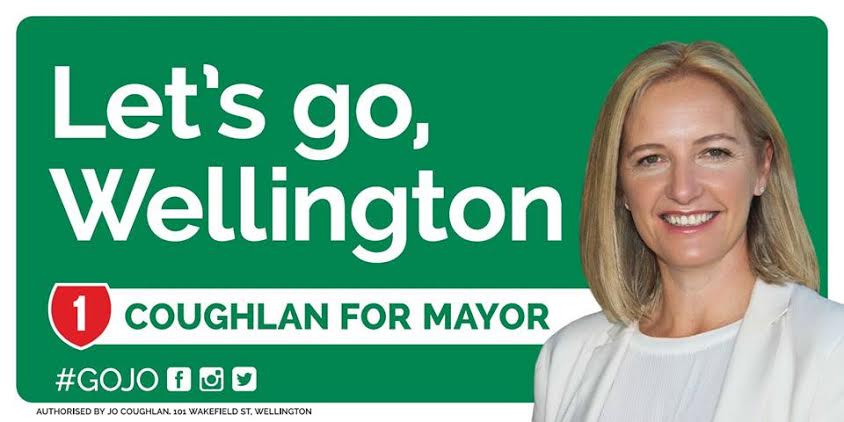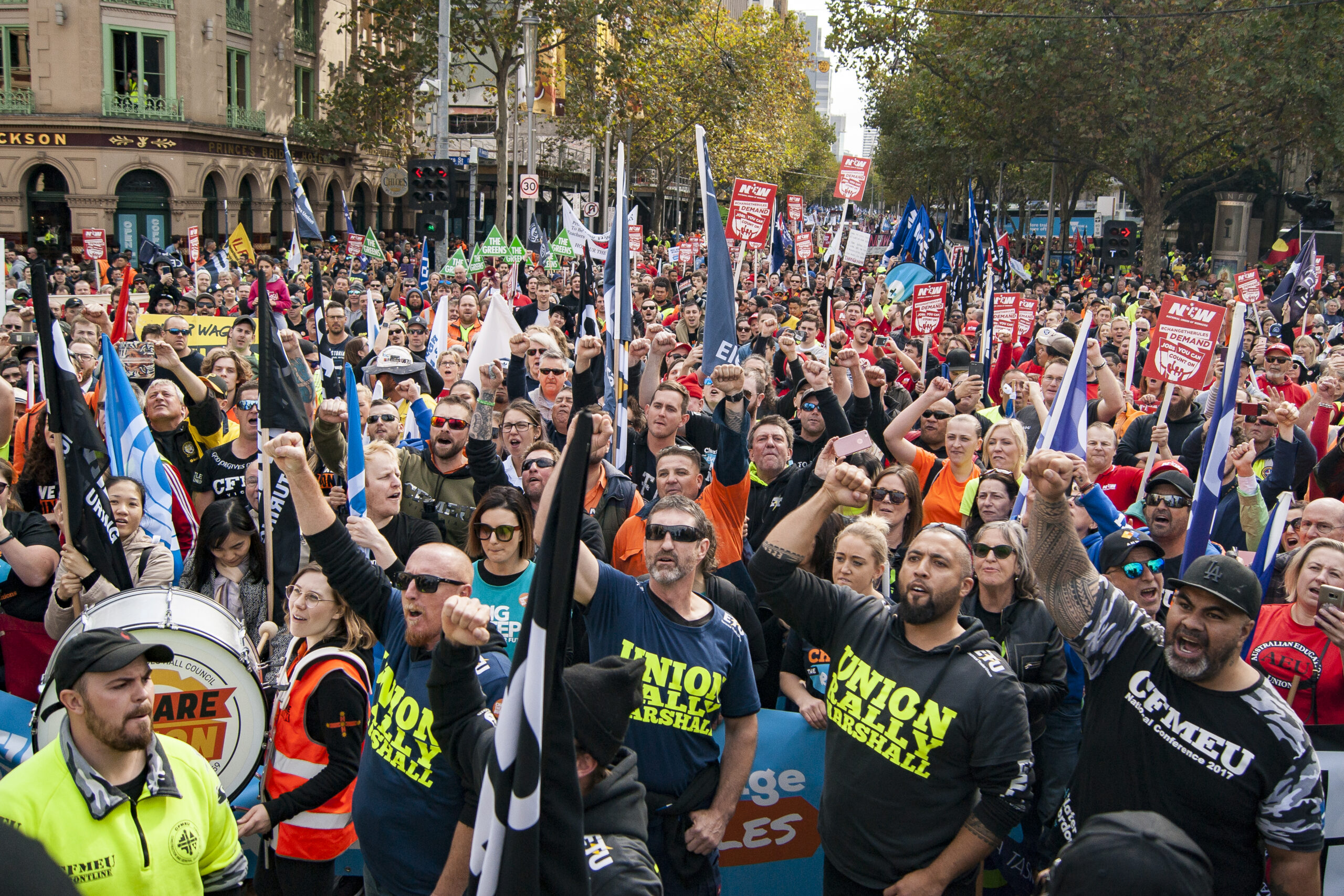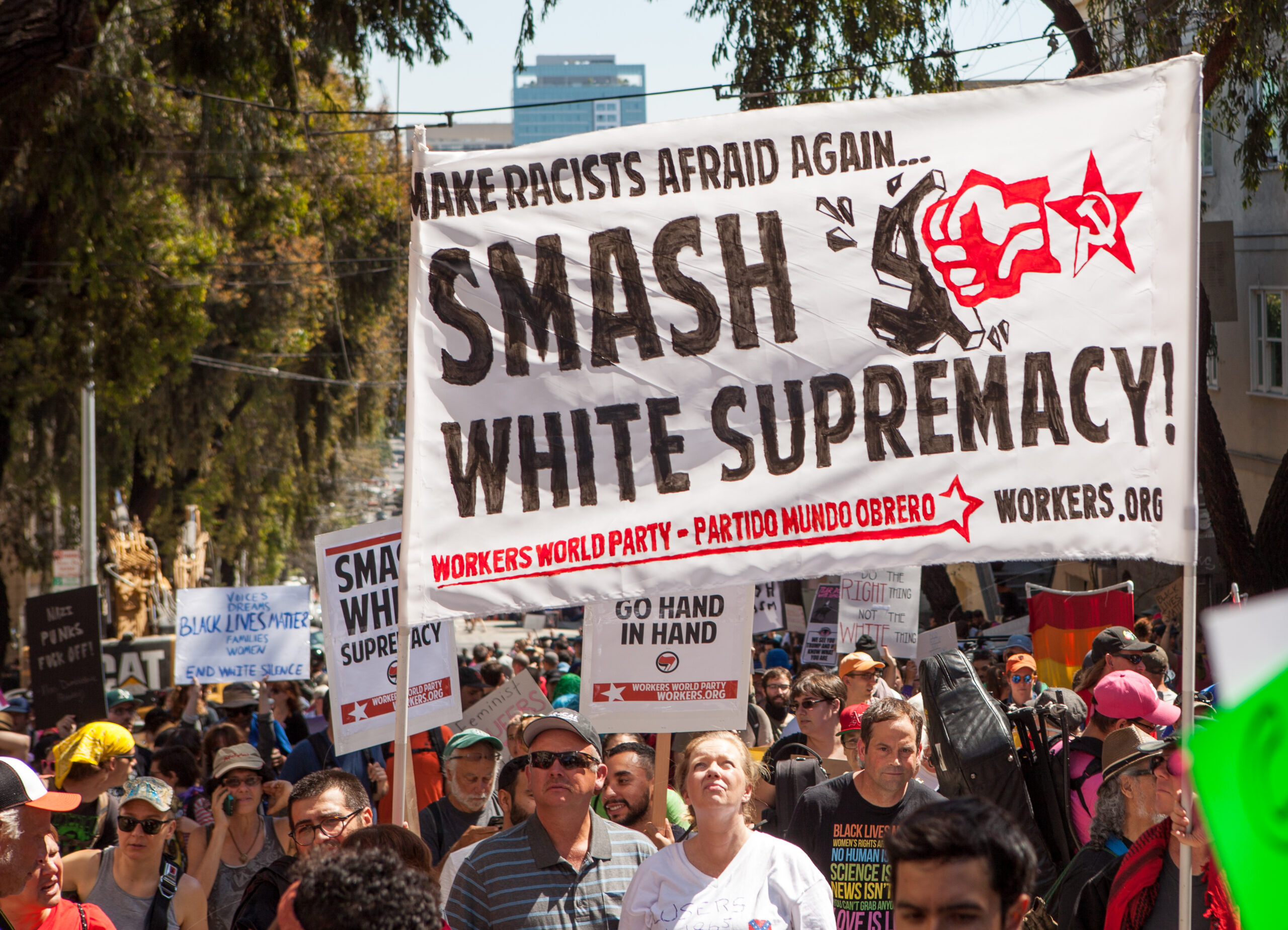This year’s local body elections probably won’t enlighten us as to which direction the public, or more correctly the various social classes, might be heading politically. Certainly, there is nothing so far to suggest that the local elections will herald a Labour Party revival. However, the local elections are not without interest. The
mayoral election campaigns so far in Auckland, Wellington and Christchurch have already confirmed one
thing: the emperor has no clothes. What I mean by that is that these elections are exposing just how weak the National Party really is as an organisation.
You imagine that National and Labour are well-organised with membership strengths at local level in keeping with the parties’ standing in Parliament. This is not so. The reality is that the status of these parties in the public eye, the two main pillars of the political system, is not founded upon masses of members in communities or workplaces. Both parties are totally dependent for their image on the say so of the mass media.
This state of affairs is not grievous for National, which can generally rely on the friendly support of the media owning corporations. The current government gets an easy ride, and that will not change any time soon.
Dependency on those same corporations is a problem for the Labour Party. Labour enjoys its position as New Zealand capitalism’s second eleven on sufferance. As long as Labour behaves itself, it is a useful Plan B, to be held in reserve in case the working class gets really angry and a safety valve is needed. In such a situation a tame Labour Party could be ushered into government to use its residual authority amongst workers to head off unrest.
The mass media disciplines Labour, keeping it loyal to the system, by occasionally exercising its power. Remember how a frenzied media took the opportunity to oust David Cunliffe after the 2014 general election for his having been the left candidate for leader of the Labour Party. Cunliffe was no threat to business-as-usual capitalism, but the merest effrontery warranted a demonstration. Andrew Little knows that the media can make or break him. Andrew Little will self-censor his utterances and constantly look over his shoulder. He is like a frightened rabbit caught in the media headlights.
Labour would not have this dependency predicament if it had networks of members holding respect in workplaces and communities throughout the land, and communications reaching deep into the populace. But such things harks back to a bygone age. The sorry truth is that the Labour Party is an empty husk. It does not have troops. Its activism, the little that there is, is overly dependent on paid union officials and its handful of MPs with their state-subsidised parliamentary staff.
The state of the National Party is less transparent, and, truth be told, I am not au fait with the affairs of that organisation. The evidence is that behind the front of invincibility National is in disarray.
So, patient reader, we come to the evidence. I call as my first witness the Auckland mayoral race. The mayor of a third of New Zealand is quite an important position that holds more power by far than a backbench MP or junior government member. It looks like Goff will waltz in. So why hasn’t National targeted Labour’s hold of the mayoral chains? After all, merging the city with rural hinterlands was supposed to help the right gain control of this super-city. You could argue no need – Goff good as a Tory – business interests assured. Despite the plausibility, I don’t buy that argument, not entirely anyway.
The right, I imagine, seethes with internal discord. It cannot get its act together. Even after Stephen Berry’s withdrawal there are at least three right-wing mayoral candidates: Victoria Crone, John Palino and Mark Thomas. What a shambles! (Good though).
It’s the same story in the Wellington mayoralty stakes. Although capital city and all, the right are fielding two vote-splitting candidates with impeccable National Party pedigrees: Nicola Young and Jo Coughlan. Add to the mix Fairfax Media Corp’s pet Nick Leggett, who has defected from Labour. It is anyone’s guess who of this trio will end up as the strongest right-wing challenger take over from Celia Wade-Brown’s centre-left reign. Two centrists have entered the race with little hope (Andy Foster and Keith Johnson). Then there is the business-owner official Labour candidate Justin Lester, running under the inane slogan ‘getting the job done’. Lester has some reasonable policies and he stands a good chance. The latest candidate to declare is veteran Helen Ritchie, who I read as the most left-wing on the current council. I thought she was Labour as she definitely has a Labour past as a parliamentary candidate way back. She must have de-camped at some point. I don’t think Ritchie stands a chance. She only just scraped in as a ward councillor in 2013, and she is running for the ward as well as mayor this time. Perhaps throwing her hat into the mayoral scrap will raise her profile enough get in as a councillor again (Good thinking Helen!).
The Wellington mayoral election is impossible to call. It is being run under the incomprehensible STV system. I can see the count going through a lot of iterations before the computer programme spits out a result.
It is different in Christchurch where it is odds-on that former Labour MP Lianne Dalziel will be re-elected. There is no National Party or right-wing ticket candidate (So far. Nominations close 12 Aug). As with Goff, the ‘do they need to stand’ theory applies to Dalziel. Most interestingly, Dalziel is being challenged by John Minto, running on behalf of Keep Our Assets and on a good left-wing programme. I reckon the right-wing have slipped up to allow a lefty to head opposition to Dalziel (Good to see).
The verdict is clear. The National Party have stuffed up in the three major cities. It’s a pity that Labour’s mayoral candidates are such a poor bunch. Some local government opposition to the Key government would not go amiss.









